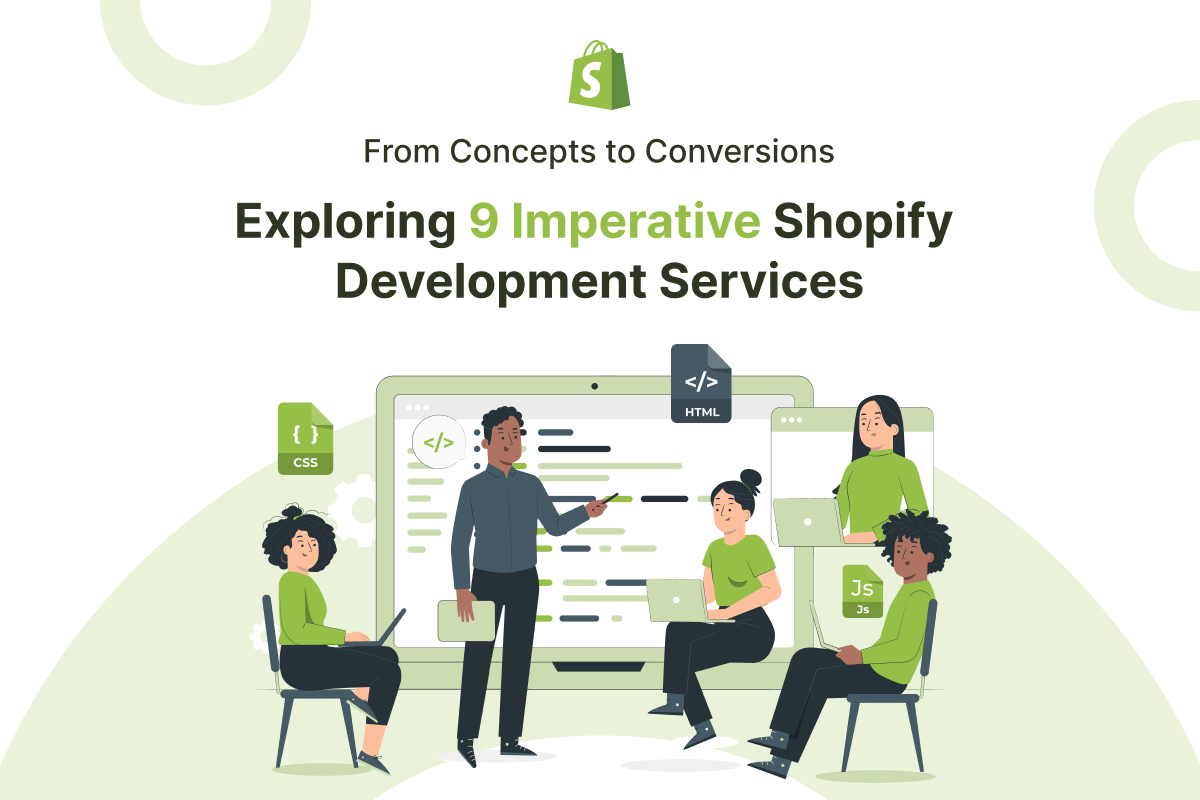Australia stands tall as a global education powerhouse, beckoning aspiring minds to explore its academic brilliance in Computer Science. A Master’s in Computer Science in Australia not only provides an enriching educational experience but also opens doors to a world of opportunities in one of the most dynamic and innovative industries. Let’s delve into the whys, the hows, and everything else you need to know about pursuing this coveted degree in the Land Down Under.
Table of Contents
Why Study Masters in Computer Science in Australia?
The realm of Computer Science in Australia is a blend of cutting-edge innovation, esteemed academic institutions, and a vibrant multicultural experience. Here’s why aspiring computer scientists flock to Australia:
1. Academic Excellence
Australian universities consistently rank among the top globally for Computer Science programs. The curriculum is meticulously designed to blend theory with practical applications, ensuring graduates are industry-ready.
2. Innovation Hub
Australia boasts a thriving tech ecosystem with numerous opportunities for research, collaboration, and innovation. Students get exposure to groundbreaking advancements in artificial intelligence, cybersecurity, data science, and more.
3. Multicultural Environment
Studying in Australia offers a multicultural experience, fostering a global perspective and enabling students to collaborate with peers from diverse backgrounds.
Top Universities to Pursue Masters in Computer Science in Australia
Several esteemed universities in Australia offer exceptional Computer Science programs. Some of the prominent ones include:
- Australian National University (ANU)
- University of Melbourne
- University of Sydney
- University of New South Wales (UNSW)
- University of Queensland (UQ)
These universities are renowned for their state-of-the-art infrastructure, experienced faculty, and industry connections, providing an ideal environment for academic growth.
Intakes for Computer Science Masters in Australia
Most Australian universities offer two major intakes: February/March and July/August. However, specific intake periods may vary among institutions and programs. It’s advisable to check individual university websites for precise intake dates.
Documents Required
When applying for a Master’s in Computer Science in Australia, the following documents are typically required:
- Completed application form
- Academic transcripts
- English proficiency test scores (IELTS, TOEFL, etc.)
- Statement of Purpose (SOP)
- Letters of Recommendation
- Resume/CV
Each university might have its specific document requirements, so applicants should refer to the university’s official website for comprehensive details.
Eligibility Criteria
While eligibility criteria may differ slightly among universities, general requirements for pursuing a Master’s in Computer Science in Australia often include:
- A relevant bachelor’s degree or equivalent
- Satisfactory academic scores
- English language proficiency
- GRE/GMAT scores (sometimes required but not mandatory)
Students must fulfill these criteria to be considered for admission. Always check the university’s specific requirements for accurate information.
Australia Student Visa
International students planning to pursue a Master’s in Computer Science in Australia require a valid student visa. The process involves:
- Obtaining Confirmation of Enrollment (COE): Once accepted by an Australian university, students receive a COE required for visa application.
- Applying for the Australia Student Visa: Applicants need to apply for the Student Visa (Subclass 500) through the Australian Government’s Department of Home Affairs website.
- Meeting Visa Requirements: Fulfilling health and character requirements, as well as providing financial evidence for living and study expenses, is crucial for visa approval.
Q: Are scholarships available for international students?
A: Yes, several universities in Australia offer scholarships and financial aid to international students based on merit and other criteria. Prospective students should explore scholarship opportunities through individual university websites.
Q: Can I work while studying in Australia?
A: Yes, international students holding a valid student visa can work part-time (usually up to 20 hours per week) during their academic sessions and full-time during scheduled breaks.
Q: How long does it take to complete a Master’s in Computer Science?
A: Typically, a full-time Master’s in Computer Science in Australia spans 1.5 to 2 years, depending on the program and university.
Conclusion
Embarking on a Master’s journey in Computer Science in Australia is not just about acquiring a degree; it’s a transformative experience that nurtures intellectual growth, fosters innovation, and opens doors to a world of possibilities. With top-tier universities, a vibrant tech ecosystem, and a welcoming environment, Australia stands tall as a beacon for aspiring computer scientists worldwide.
Whether it’s the allure of academic excellence, the promise of groundbreaking research, or the thrill of cultural diversity, pursuing a Master’s in Computer Science in Australia is an investment in a future brimming with endless prospects and achievements.






